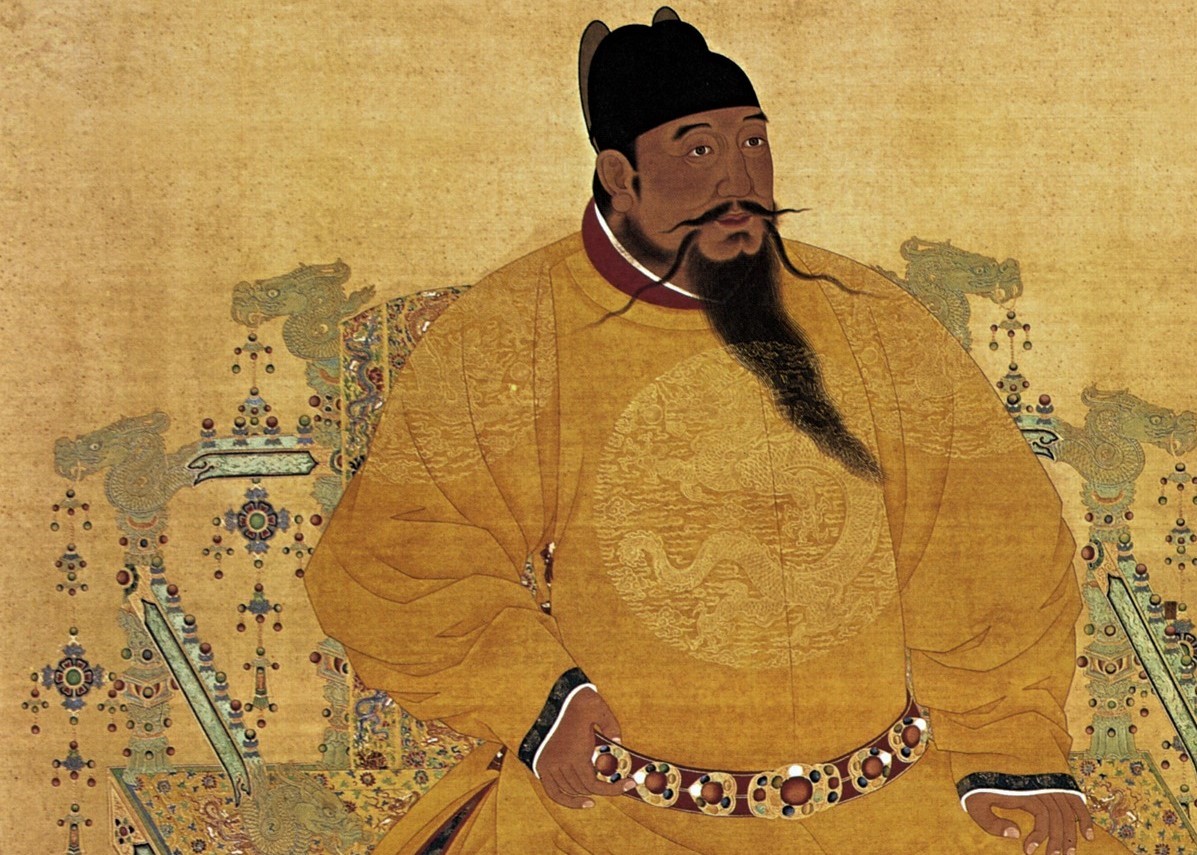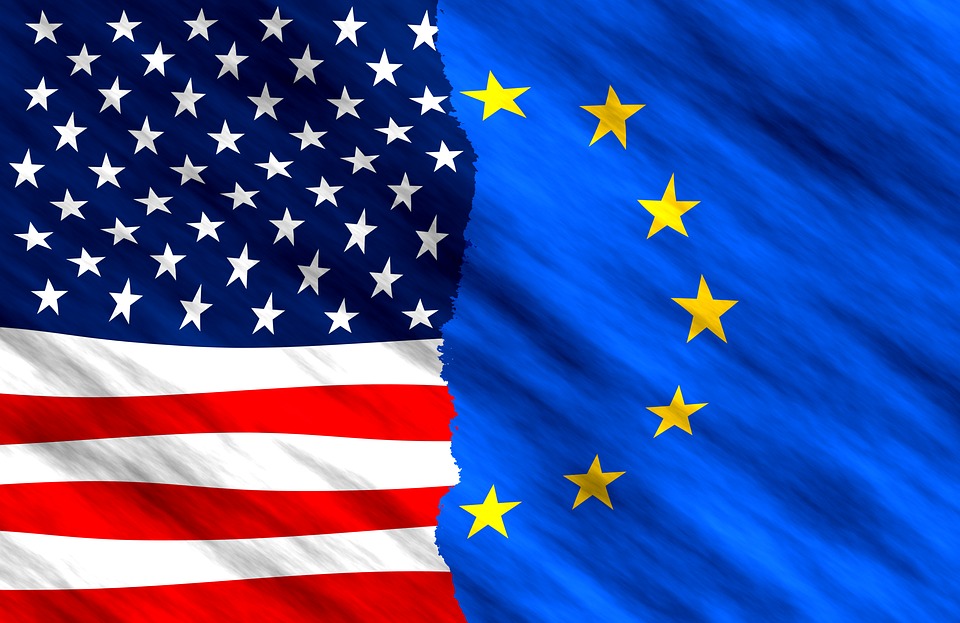Europe is China’s largest trading partner. But in recent months, relations between the two have taken a definite downward turn. Corona has significantly turned the tide of public opinion in Europe. On top of this comes the worsening situation in Hong Kong and a growing awareness of aggressive Chinese disinformation campaigns aimed at Europe in wake of the pandemic. The meeting this week between EU chiefs, President Xi Jinping and Premier Li Keqiang brought little progress on stalled trade talks. It did show a growing firmness of approach from the EU however. Ambassador Zhang Ming, Head of the Chinese Mission to the EU, repeatedly highlighted the importance of multilateralism in EU/China relations at an online event last week. But his comments also came with warnings of Chinese capital ‘voting with its feet’ if there was ‘backsliding’ from Europe on its commitments to China.
As Ambassador Zhang Ming pointed out, the relationship between China and Europe has been over 40 years in the making. During this time China has worked on reforming and opening up its economy. Indeed the Ambassador went so far as to say that China ‘had learned a lot from our EU friends on the value of the market economy’. To the extent that ‘we often see the EU as our Professor’ in this regard. However the pandemic has caused many in Europe to re-examine the Sino-European relationship. The EU wonders whether the student has not long surpassed the teacher in economic growth, geopolitical strategy and military strength.
Ambassador Ming warns of ‘active consequences’ from Beijing in response to tougher line from the EU.
In a post-corona world, containment by the EU has involved a focus on foreign direct investment. A White Paper, released in June this year is designed to deal with ‘the distortive effects caused by foreign subsidies in the Single Market’. No direct reference to China is made. But the initiative has developed out of a growing concern by the EU at aggressive take-over strategies of vulnerable European companies by China, post-corona. The EU is increasingly mindful of the influence of state-sponsored enterprises from China, like Huawei, and the need for foreign direct investment screening. When asked about China’s response to such measures, Ambassador Ming spoke of discussions he had had with Chinese investors in Europe. He commented that he could ‘feel their anxiety at these changes’ and warned of ‘active consequences’ for the EU.
‘We have to realise that we do not share the same values’ – EU Chiefs on China.
European Council President Charles Michel and European Commission head Ursula von der Leyen’s press release after this week’s EU-China virtual summit suggests that Europe is divesting itself of previously held illusions regarding Sino European relations. ‘We have to recognise that we do not share the same values’ and that the EU will engage with China in ‘a clear-eyed’ manner, ‘robustly defending EU interests and standing firm on our values’. Strong words indeed.
Dr Dennis Sammut, Director of LINKS Europe, recently pointed out that corona has put a spotlight on China in a manner that is unprecedented. ‘People have woken up to the fact that China is not merely an economic power, but a very strong geopolitical power in its own right’.’ The Sino European relationship has been categorized by both competition and cooperation but lately the word ‘containment’ has come up more frequently, he notes.
‘There is no fundamental conflict of interest between China and the EU’ – Ambassador Ming
President Michel and President von der Leyen also accused China of leading a disinformation campaign around the coronavirus epidemic. Von der Leyen said at Monday’s meeting: “We’ve seen cyberattacks on computing systems, on hospitals, and we know the origin of the cyber attacks.” ‘Some noises of the battle of narratives’ were acknowledged by Ambassador Zhang Ming but insists that ‘there is no fundamental conflict of interest between China and the EU’. Although the EU and China have different political systems and ideologies, ‘we should not see each other as systemic rivals’. Instead he suggests interaction be based on ‘a vision of mutual success’ rather than ‘a knock-out match that allows only one winner’. He reiterated the need for Sino European co-operation on the green economy and the digital economy. ‘China remains firmly committed to opening up.’
‘What the Chinese are able to do in Europe, the Europeans are unable to do in China’ – Dr. Dennis Sammut.
But China’s lack of openness when it comes not only to its political system but also its markets, is precisely what the EU is concerned about. As Dr. Sammut states very clearly, ‘what the Chinese are able to do in Europe, the Europeans are unable to do in China’. Over time, this lack of reciprocity has ‘poisoned trade relations’. China’s standard response to requests for greater market access has hinged on its increasingly dubious categorization as a developing economy. As Director of CEPS, Daniel Gros, asked Ambassador Ming, ‘If China is so strong, why does it not open up more quickly?’ He also pointed out the need for concrete implementation of agreements already reached, for example, in the World Trade Organisation, rather than more declarations of general principals. Unfortunately, sweeping statements regarding the direction of China’s development, rather than its speed, defined Ambassador Ming’s response.
His frequent references to multilateralism and the need to ‘dispel external influences’ suggests a desire to draw distinctions between the EU/China relationship and that of the US under Trump. Ambassador Ming made it clear that Beijing is ‘looking for China and the EU to jointly uphold multilateralism in order to counter unilateralism’. Cooperation on fighting the pandemic is clearly part of such an approach. But it is also designed to create further distance and decoupling from the US which works to China’s advantage.
‘Multilateralism is the common language of China and the EU’ – Ambassador Zhang Ming.
‘Multilateralism is the common language of China and the EU’ says Ambassador Ming. However, China’s own initial handling of the pandemic remains shrouded in mystery in spite of calls from various governments for more information. As China rings the praises of multilateralism, its own approach in Europe has focused on building bi-lateral relations with individual EU member states. This includes the involvement of countries like Italy and Hungary in China’s Belt and Road Initiative, its ’17 + 1’ grouping with central and Eastern European nations as well as extensive trade agreements with the Eurozone’s largest economy, Germany.
Corona has played an important role in revealing the uncomfortable truth regarding China’s long awaited new clothes. Increased openness, transparency and respect for human rights appear to be illusions that both the US and now Europe have waited for in vain. As Mark Leonard recently pointed out, under President Xi Jinping, China has become more authoritarian. Xi’s signature policies like Made in China 2025 and China Standards 2035, have not only forced European companies out of the Chinese market, but have also exported China’s model abroad. The EU will have to be increasingly assertive of its own model in the decades ahead.


